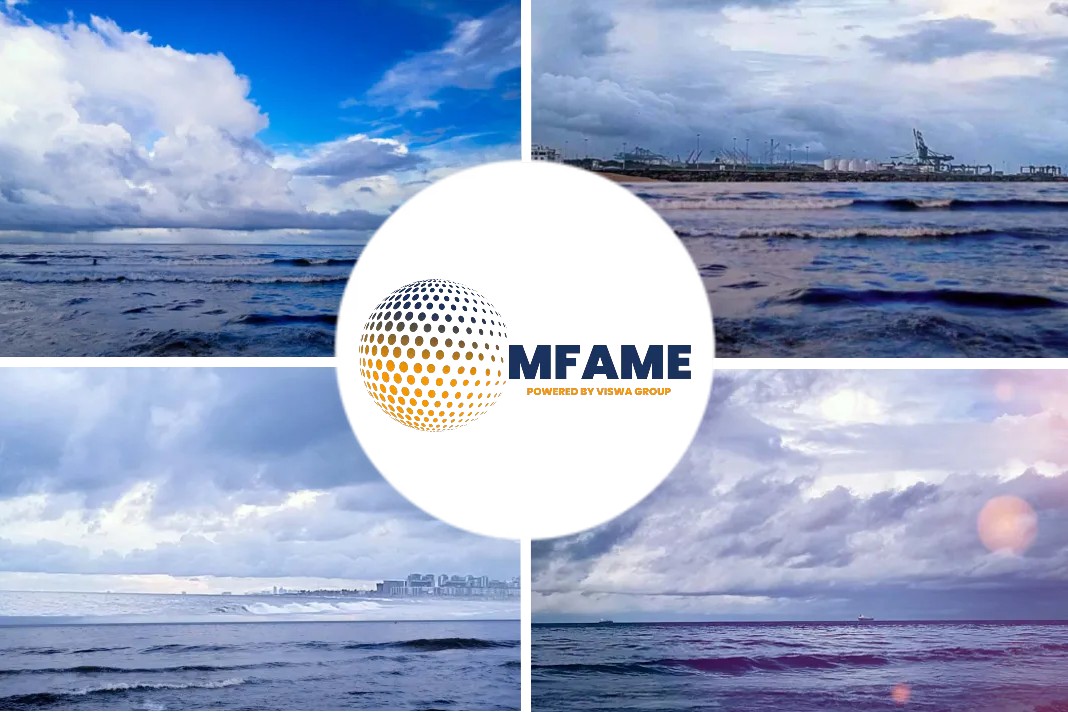What more variables could enter into the picture at this late hour with the 1.1.2020 deadline only a matter of months away?
IMO has repeatedly said that there will be no relaxation of the requirement nor postponement of the implementation date.
Scrubbers are being ordered in dozens, oil companies are feverishly planning to capitalize on the new opportunities, experts and blog writers are churning out article after article and most of the industry stakeholders are resinged to the inevitiable.
How can a new element come and threaten the implementation of the regulation?
Well, herein comes Trump with his priorities. He cannot afford to have a huge spike in petroleum prices in an Election year. While it is not possible to seek a withdrawl from the agreement (though Trump has done that before), it is possible to delay implementation so that the disruption caused by the regulation can be mitigated. How will Trump achieve this? He can do what he wants with the US, perhaps reduce the ECA from 200 miles to 2 miles. But he cannot do anything about the other countries.
However, there is something very important that we should not fail to take note of. These IMO regulations are coming at a time most inconveneint, most difficult for the marine industry. The shipping industry is not making money. The implementation is incredibly expensive. Nor is the industry ready with any low cost solutions. If Trump’s strategy is to seek the support of the marine industry players, he will suceed in a big way. Let us face it. The regulations are good for the global community but it is not welcome for the industry players at this time.
How will Trump keep the petroleum prices down so that it does not affect his re‐election? Maybe there will be less disruption if the rules are phased over a period of time.
We will get a clearer look at the tantalizing possibilities at the IMO MEPC 73 meeting being held in London next week.
Did you subscribe for our daily newsletter?
It’s Free! Click here to Subscribe!
Source: Viswa Group

















